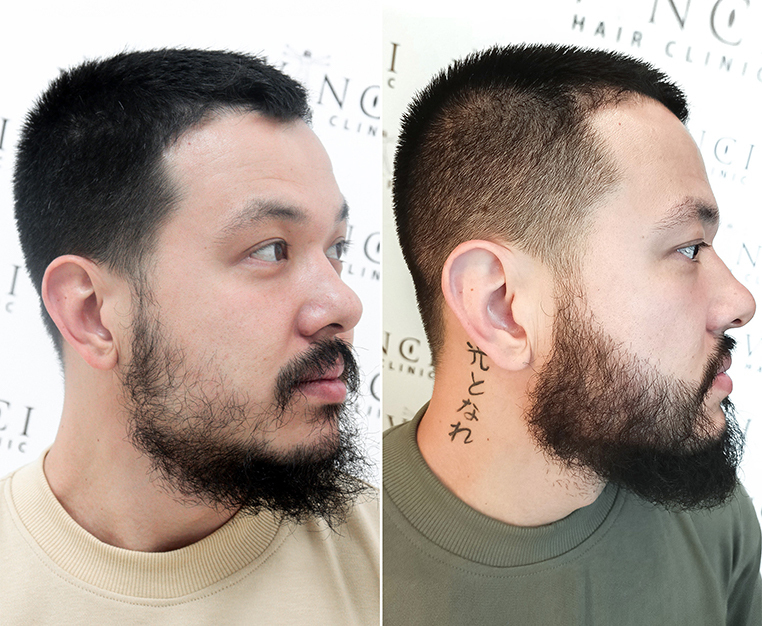The modern world’s a hazardous place for your hair. Even the things invented to make your tresses look beautiful can be harmful. Take hot styling tools, for example. Sure, they dry your hair quicker and can make styling or straightening it a breeze, but they can also damage it. Then there are all the different haircare products, designed to lift and clean and shine your hair. They might do all that, but too much of the wrong product can leave you with build-up on your scalp.
You’re probably aware of all that, and you’re maybe clued into the things you can do to keep your hair in the best condition. Your list of these no doubt includes using less heat and fewer products, as well as getting the right nutrition. But do you give much thought to the hairbrush you’re using? Ever consider if it’s the right one for you? Read on to find out more!
The Famous Five
We don’t have the space here to cover every single type of hairbrush and its uses. Instead, we’re going to look at five of the most commonly used brushes and outline why you should, at least, consider if they are appropriate for you.
-
Detangling Hairbrush
Suitable for: all hair types
Best for: detangling wet or fine, dry hair
Hair is much more prone to breakage when it’s wet, so the last thing you should do is tug and pull at it with a hairbrush. What you need is a brush designed to unpick those tangled strands. This also applies to fine, dry hair that snags easily.
Detangling brushes generally have flexible bristles that enable them to slip between the knots and crossed hair strands and gently separate them. A detangling brush smooths the hair shaft and allows your wet haircare products to cover them more evenly.
-
Wide-Tooth Comb
Suitable for: all hair types, but particularly curly and wavy hair
Best for: detangling wet, thick hair
A wide-tooth comb is also a good choice when it comes to wet hair. If you have thick, curly or wavy hair, then it’s not only a good choice but a wise one, too. Curls, coils, and thick textures present no problem for the thicker teeth of this kind of comb. It allows for greater separation of your strands and less friction. Not only does it safely sort out those messy strands, but it’s also a great way of distributing leave-in hair treatments evenly around your tresses.
-
Soft Boar Bristle Brush
Suitable for: short, fine hair
Best for: styling dry hair
A soft boar bristle brush is best for short, thin, or fine hair. That’s because the boar bristles are purpose-built to slip through your hair with minimum friction, meaning that it shouldn’t snag or tear your hair at the roots; if you don’t have thick hair, that’s important. Additionally, the bristles distribute your natural scalp oils from the roots to the tips of your hair. This makes it the ideal brush to use after heat styling to keep your hair healthy, condition dry ends and keep frizz under control.
-
Teasing Brush
Suitable for: all hair types
Best for: adding volume
If you want to cut down on your use of hot styling tools and haircare products, a teasing brush is the way to go. Teasing is also known as backcombing or ratting. It describes the technique of combing your hair in such a way that it lifts your roots and adds volume to your strands in the blink of an eye. A teasing brush is perfect for this. A note of caution, however; teasing your hair too frequently isn’t advisable, as it can be tough on your hair, particularly if you have fine strands. Teasing brushes are less damaging than teasing combs.
-
Paddle Hairbrush
Suitable for: all
Best for: blow-drying
A paddle brush slides through your hair without leaving a trail of devasted strands in its wake, so it’s great for use while you’re blow-drying or for general brushing. Its wide, flat surface gives smooth results while allowing you to control its movement. The brushes come with different bristles, so be sure to choose the right type for your hair. You’ll need stronger bristles if your hair is thick, curly or textured; choose a lighter, more flexible bristle if you have fine or straight locks.
Conclusion
Your hairbrush is just as important as any other tool or product used on your hair. That’s why you should give some thought to whether you’re using the most appropriate one. Hopefully, this article has provided you with a few pointers in that regard!
If you have any concerns about the condition of your hair or are worried about hair loss, Vinci Hair Clinic is here to help. We offer a free consultation with one of our hair experts to all new clients. That means you can get answers to your questions without having to commit to anything. Why wait? Get in touch and book your appointment today!


